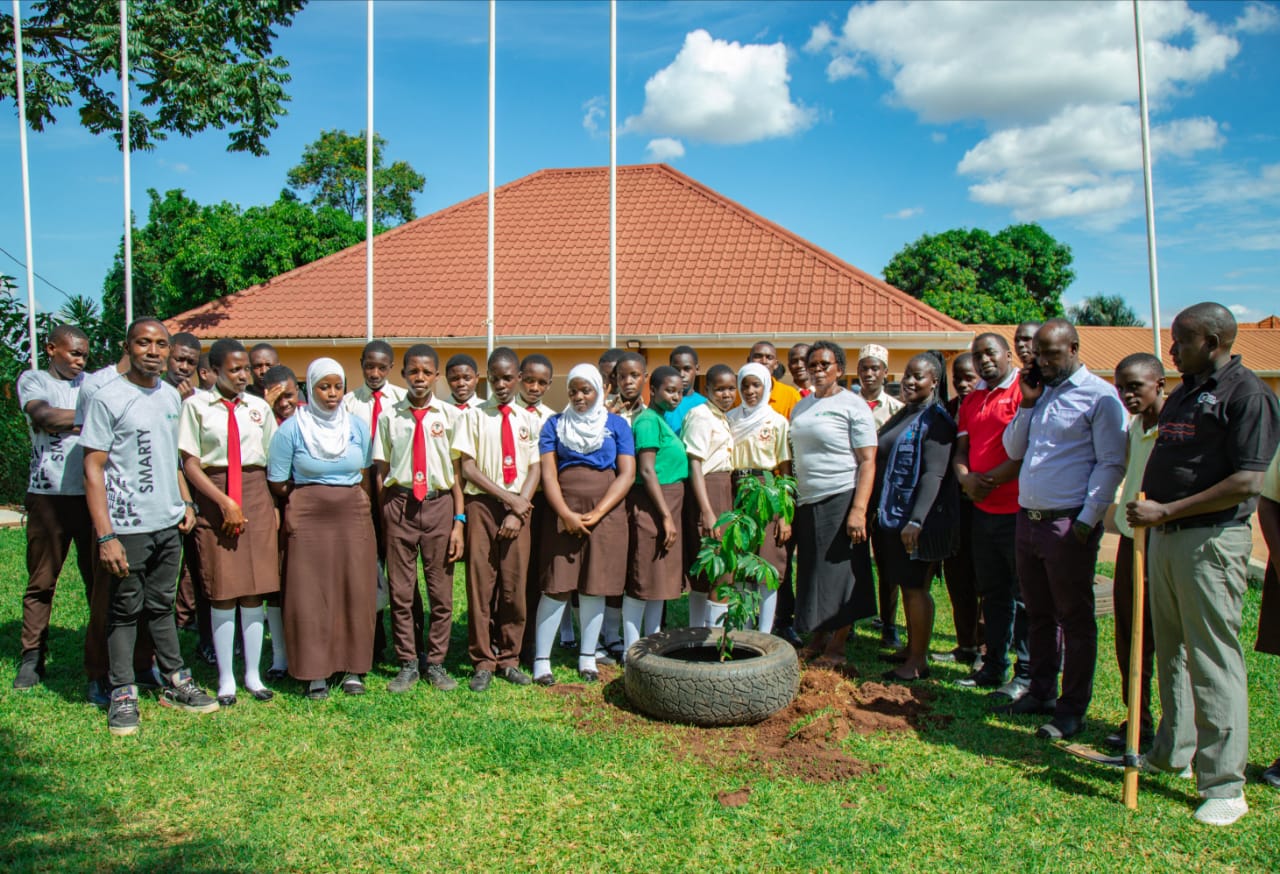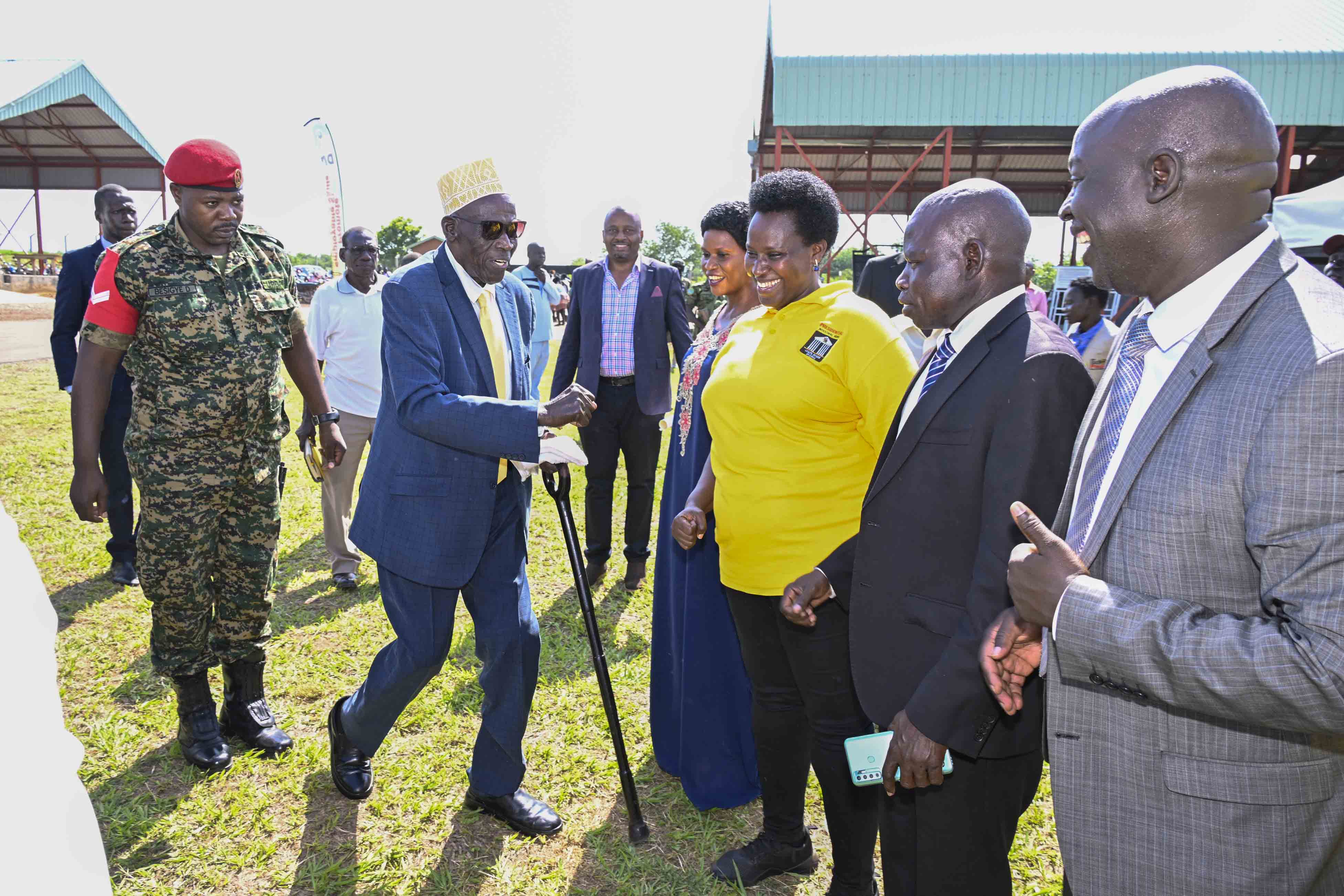Opinion: "I repeat, Buganda Land Board lacks legitimacy"
Legitimacy is imperative for all who seek respect and dignity through hard work and civil accomplishments. Buganda Land Board Limited has unfortunately exhibited extreme disdain to any claim of legitimacy as a body managing public resources.
The resources in terms of real property or land now being held, managed and financially exploited by the Buganda Land Board Limited can be traced to the 1908 Land Law which for the first time legislated and gave legal definition of both mailo and official mailo.
Keep Reading
Official mailo was stated to be public land as opposed to mailo which was private land owned by individuals with security of tenure in perpetuity.
At independence, the 1962 Constitution put the administration of public land under three public statutory bodies namely; Uganda Land Commission, District Land Boards, and Kingdom Land Boards.
The Kingdom Land Board for Buganda was Buganda Land Board.
The 1967 Constitution vested in the Uganda Land Commission all public land which the 1962 Constitution had placed under the administration of either District Land Boards or Kingdom Land Boards.
There was a strong proviso for accountability for any financial benefits derived from that public land.
The mailo which is the tenancy under which traditional rulers held their land was left intact by the 1967 Constitution. None was confiscated.
The Traditional Rulers (Restitution of Assets and Properties) Act Cap 247 was therefore a vain exercise of no legal consequence.
The land which belonged to traditional rulers in Buganda was mailo. The traditional ruler of the day was Kabaka Daudi Chwa who was allotted over one hundred square miles.
The public land allocated to his chieftaincy office was three hundred and fifty square miles. The 1908 Land Law is clear that this was indeed also public land.
The line of succession from the late Kabaka Daudi Chwa is traceable through his own children, the late Edward Muteesa having being just one of them.
The grandchildren are traced through those born to his children. Ronald Mutebi the current head of the Buganda Cultural Institution being just one of these grandchildren.
None of the properties cited in the schedule to the Restitution Act of 1993 or in the 2013 MOU are traceable to the Daudi Chwa family tree.
These were properties built on taxpayers’ money whether under the Provincial administration arrangement of the Uganda Protectorate Colony or under the Federal Unit of Administration of the 1962 Independence Constitution.
To put the administration of public properties in the hands of a private company whose single shareholder is a traditional ruler of Buganda with none accountability to the public not envisaged in the 1995 Constitution, and is a flagrant violation of the fundamental law of the land.
It is noteworthy that the 1993 Restitution Act was passed by the Parliament of the day before the promulgation of the 1995 Constitution.
Therefore that Act can only assume legality if it is made to conform to article 274 (1) of the Constitution, which mandates every legislation that had been in operation before the coming into force of the Constitution, to be construed with such modifications, adaptations, qualifications and exception as are necessary to bring it into conformity with the 1995 Constitution.
Consequently until the 1993 Traditional Rules (Restitution of Assets and Properties) Act is brought in conformity with the Constitution pursuant to article 274 (1), it remains a nullity.
The MOU of 1st August 2013 is still work in progress, the implementation section has so far not been operationalised as no team has been put in place to oversee its implementation.
In addition section A of that MOU amends the schedule to the 1993 Act.
Accordingly the Act itself must be returned to Parliament to effect the amendment and to bring the whole Act itself within the ambit of the 1995 Constitution through the fulfilment of the conditionality’s under article 274 (1).
It is unconstitutional for a schedule of properties to an Act of Parliament to be added to or otherwise be adjusted without reference back to Parliament for the appropriate amendments to be passed.
Registration per se does not confer legality. The entire corpus of the legal framework must be complied with.
There cannot be legality and legitimacy when the property the subject matter of BLBL has never belonged to the sole shareholder of that Company, where the law under which the company bases to lay its claim on the property has never conformed to the Constitution, and where the legislation touching on the properties under contestation has never been amended by Parliament.
An individual, natural or juridical, or a Company, private or public, which is at variance with the totality of the corpus of law as is the case of Buganda Land Board Limited is illegitimate, illegal, unconstitutional, and an arrogant abuse of the goodwill which Ugandans have accorded that Cultural Institution.
The author is minister for State of Lands













